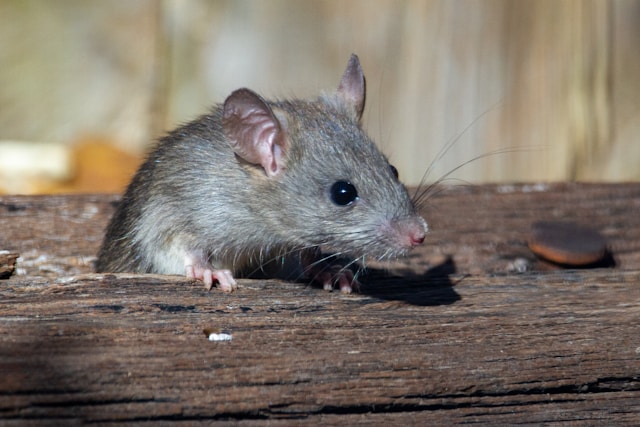Nothing is quite as frustrating as pest problems. In the fall, when your family begins to seek shelter from the cold air by staying indoors, so might a neighborly vermin. Fall pests can lead to many long- and short-term issues in the home, so getting on top of rodent and bug management is vital before an issue occurs.
1. Seal Entry Points To Keep Bugs Out
One of the easiest ways for fall pests to enter is if an area isn’t sealed correctly. Instead of protecting your home, you’ll offer an easily accessible doorway. Try adding effective door sweeps that cover all open spaces on a doorway.
Once you have finished setting the door sweep, scan the area for any light gaps. Any glare could indicate that you’ll be welcoming unwanted guests. Adding foam or spackle to cracks is another helpful way to close off spaces. However, be mindful of smoothing bumpy surfaces that invaders could gnaw on.
2. Maintain Outdoor Spaces
Sealing your house up is a great way to keep tiny intruders out, but taking steps to prevent them from even arriving at your doorstep is also beneficial.
Unfortunately, many infestations occur because of excessive trash buildup, so remove trash and fallen plants from your premises because both can attract creatures. Even the smallest crumbs can be read as an “open” sign for undesirable residents.
3. Store Food And Supplements Properly
To avoid attracting fall pests, promptly remove goodies from countertops instead of letting them sit out for a while. You should consider the proper ways to store your meals and snacks.
Limit the risks of infestations by investing in airtight containers or bags, which can also prevent sustenance contamination. These prevent air from seeping in and making perishable items go stale.
4. Clean Counters And Rotate Groceries
Take the proper cleaning initiatives to prevent little invaders from nesting in your home by wiping down counters and dining tables to remove any crumbs from the surfaces. Take note of expiration dates on your food labels and ensure anything outdated or moldy is properly disposed of.
Spoiled edibles can increase the likelihood of pest problems and may even produce a pungent odor. As you store food in a closet or fridge, consider placing all the older snacks and meals closer to the front to minimize the risk of moldy dishes being overlooked.
5. Use Natural Repellents And Barriers
Rodents can chew or damage furniture or electronic wiring, so consider deploying barriers or zones that can deter pests.
A good strategy using scents that appeal to people but keep pests and creepy crawlies away. Try placing pieces of peppermint or coffee grounds in the area, which are everyday products found around the house.
Know When To Call A Professional
Sometimes a pest problem may require professional assistance, even if you apply many home remedies. Some warning signs that a treatment plan isn’t working include noticeable major home damage or if you are following all the proper steps but still experiencing a pest problem.
Ask about any safety procedures or preparations needed before a hired professional arrives to assess and exterminate the insects or rodents in your residence. If spaces are cleared ahead of time, professionals will be able to approach your pest problem more efficiently.
Keeping Pests Out
Having a pest-free home is a comfort that every living space needs. Consider helpful approaches to secure your residence and implement a thoughtful pest management plan before it becomes a problem. A pest-free home is a healthy one.
Author Bio
 Oscar Collins is the editor-in-chief at Modded, where he writes about health and fitness. Follow him on Twitter @TModded for regular updates on his work, and subscribe to Modded Minute for more!
Oscar Collins is the editor-in-chief at Modded, where he writes about health and fitness. Follow him on Twitter @TModded for regular updates on his work, and subscribe to Modded Minute for more!

